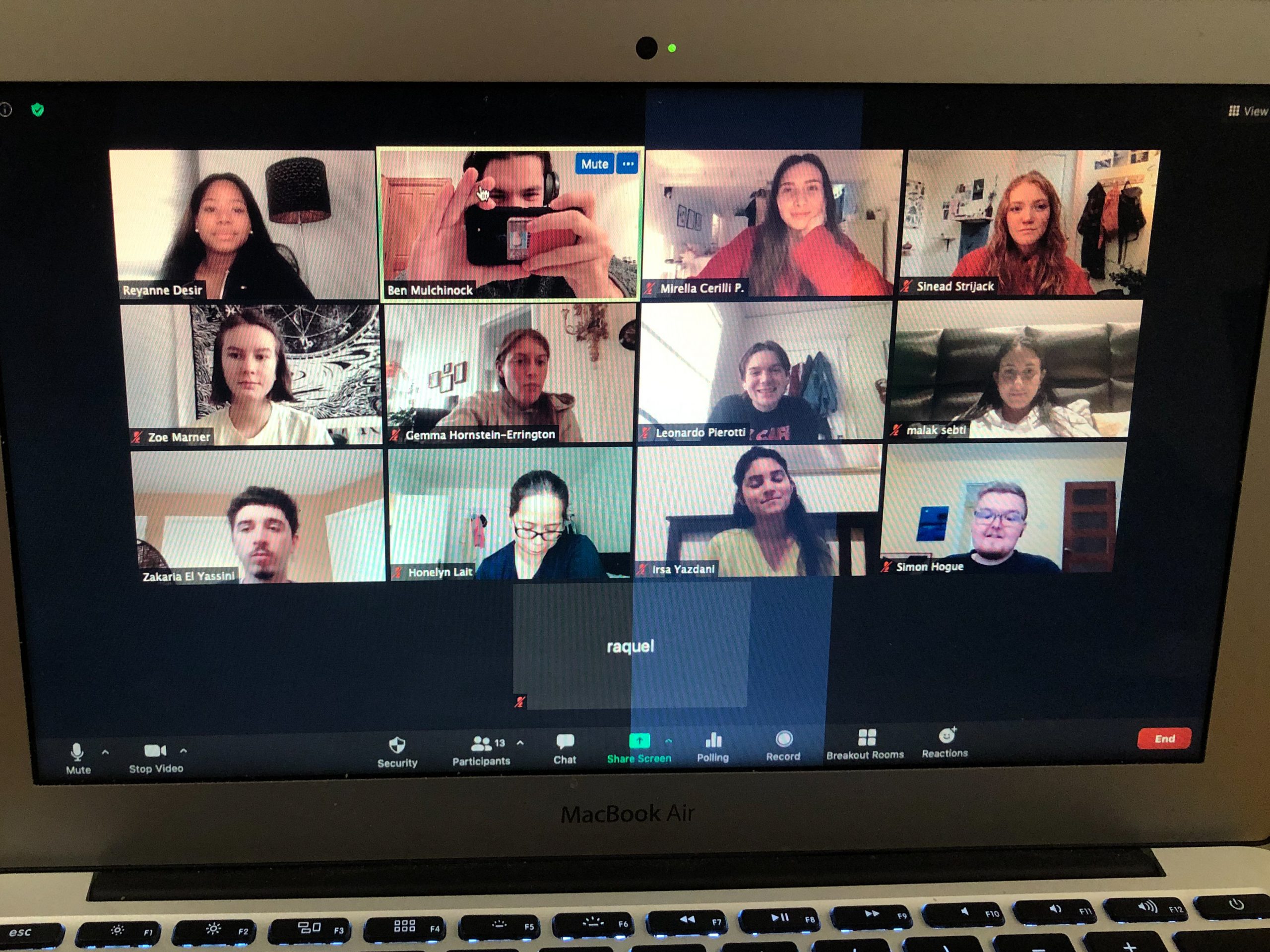It’s hard not to get emotionally invested in Bobby – both the man and the film. Although the film, ambitiously written and directed by Emilio Estevez, really isn’t about Robert F. Kennedy at all, it still manages to evoke memories of his legacy and thoughts of what could have been at a time when they were needed most.
The film, which boasts an impressively large cast – including Anthony Hopkins, Demi Moore, Martin Sheen, Harry Belafonte and Sharon Stone – centres not around Kennedy, but rather two dozen or so fictional people working and staying at the famous Ambassador Hotel in Los Angeles on the day he was assassinated. As the staff and guests prepare for Kennedy’s arrival, their individual stories are interwoven until they all converge, not coincidentally, in the final moments just before Kennedy is shot. Kennedy himself appears throughout in stock footage – this is often where the film works best.
Though Bobby is a very good film, it falls just short of being a great film as Estevez, who has to be given credit nonetheless for his attempt, tries to weave too many narratives together. The characters, though engrossing at times, are never really given enough screen time to develop. The movie, as a whole, would benefit from having about a third of its admirable cast cut out completely in order to further expand the remaining stories. The acting is solid throughout, especially by the always first-rate William H. Macy as the hotel manager. And yes, even tabloid darling Lindsay Lohan is well cast as a young woman caught in the midst of a difficult choice. Christian Slater turns in a great performance as the racist director of food services for the hotel and Freddy Rodriguez also shines as one of his staff members.
The writing has its flaws, including moments of contrivance and a definite lack of subtlety. The parallels between the United States of 1968 and the United States of today are evident from the beginning, as the film opens with a narrative about the country’s turmoil, with debates about “withdrawal from an unpopular war,” going on. The film can also be heavy-handed at times, especially in scenes featuring Laurence Fishburne as a chef who apparently makes a mean blueberry cobbler, but he film still works as a whole.
Estevez clearly cares deeply for his subject. The film is not only a harkening back to a time when America, despite the previous assassinations of John F. Kennedy Jr. and Martin Luther King and the divides between race, class and gender, still had a feeling of hope. Estevez takes this hope, and uses it to pack an emotional punch. When it comes to the end, though we all know the outcome, we are no less saddened and affected by it. Shots of characters reacting, as well as those of Kennedy himself, are accompanied by one of his most famous and passionate speeches. We are left with an emotionally heartbreaking conclusion.
Bobby isn’t a film about Robert F. Kennedy. It’s a film about those who believed in him and what he stood for, and who saw that belief come crashing down at its peak. As one character, who has lost almost all hope after the death of Dr. King, only to find some in Kennedy, passionately puts it, “Ain’t nobody left but Bobby.” Even today, that still rings true.




Comments are closed.